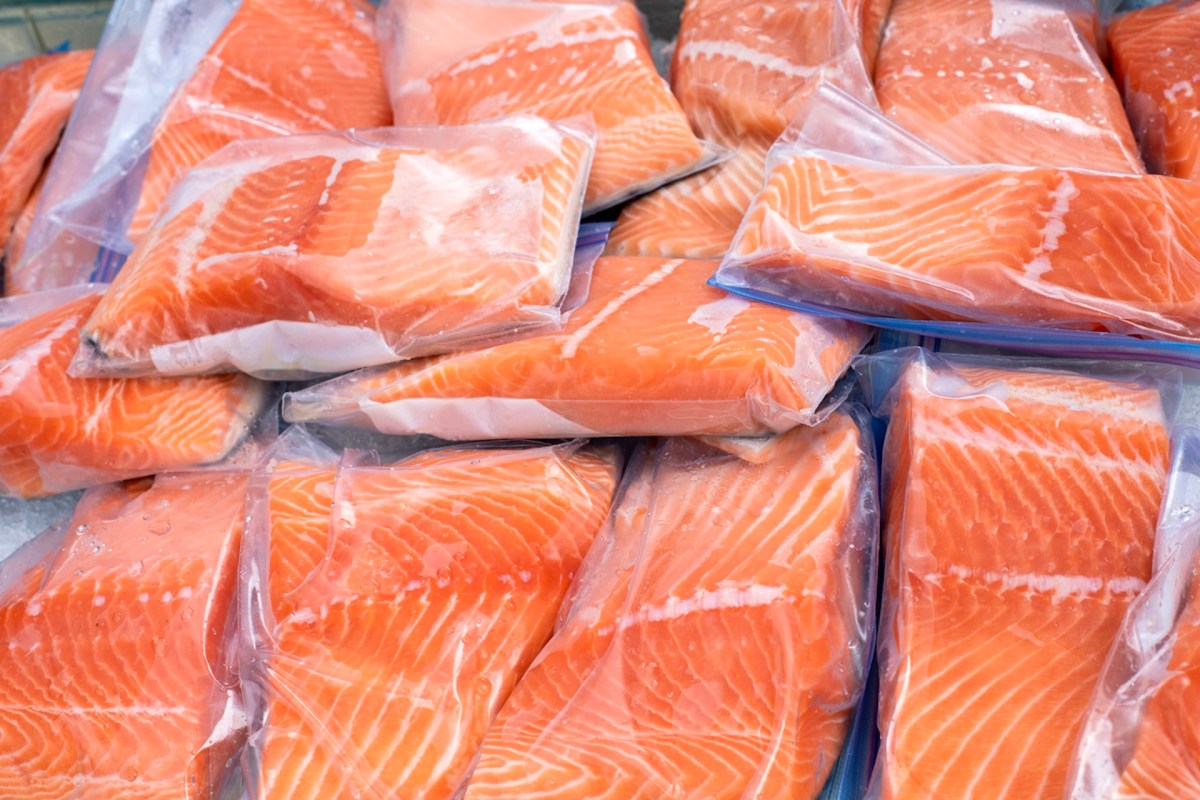Innovative strides are being made in the world of sustainable packaging, and a new development could be a game-changer for how seafood is made available to the public.
A group of researchers from Greece and Italy published a study on Nature.com in which they developed edible films and evaluated their viability as biodegradable packaging materials for fresh gilthead seabream fillets.
"The produced films were tested as alternative and environmentally friendly packaging materials for gilthead seabream fillets during refrigerated storage," the study stated, further adding, "The results showed that the developed films may reduce the use of conventional petroleum-based food packaging materials without affecting the shelf-life of fish."
The film was produced using a blend of pectin, gelatin, and hydroxypropyl methylcellulose. To determine its viability in food packaging applications, researchers studied factors such as the film's mechanical properties, optical properties, and water barriers, among others.
The packaging industry's effort to shift to sustainable materials is a necessary step toward reducing our carbon footprint. Plastic-based packaging materials can significantly impact the environment, as the study reported that "almost 50% of global plastic waste comes from the packaging field." Turning to different forms of packaging would reduce reliance on single-use plastics and help lead to a more sustainable future.
"Edible food packaging has been evaluated as an alternative, environmentally friendly method to maintain freshness in foods and extend the shelf-life," the study stated. "Under this context, conventional petroleum-based packaging materials can be replaced or substituted by edible and biodegradable films."
In addition to the discoveries made by this study, a company called Notpla is creating seaweed-based packaging that is both edible and biodegradable, breaking down in nature within just four to six weeks. Also, a California-based company called Cruz Foam is developing a type of "earth digestible" foam made from chitin, a material found naturally in shrimp shells, that degrades much faster than traditional plastic and can be another alternative to traditional packaging methods.
This guide can also help you reduce your consumption of meat by embracing vegetables and plant-based products.
Join our free newsletter for weekly updates on the coolest innovations improving our lives and saving our planet.









